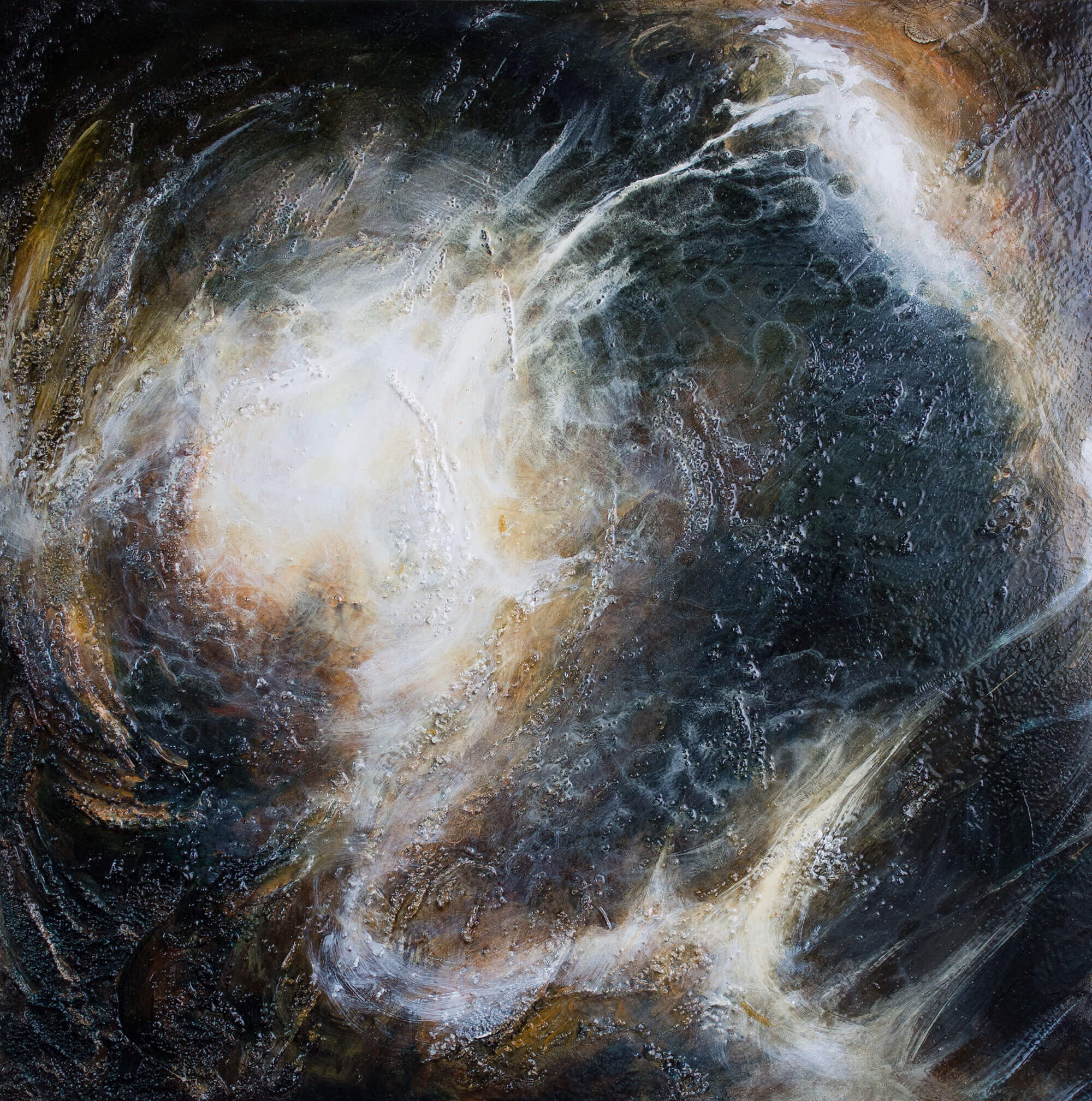
Toward the end of my grandmother’s life, I prayed that God would give her more time. During the pandemic, I didn’t know when I could see her next or if I would ever see her again. My grandma was diagnosed with cancer last year, and the cancer cells began metastasizing in her brain this past summer. My father told me that she passed away on the first day of my senior year of college. Over a FaceTime call, he said, “Nai nai li kai wo men,” “Grandma left us.” In the days after, I struggled to reconcile the reality of her physical absence from the earth with her absence from my life because of the barriers that kept us apart.
Growing up in an immigrant family, I felt most connected to my Chinese heritage through my grandparents and semi-regular visits to China during summer breaks. When I visited in the summer of 2019, I remember sitting in my grandma’s kitchen. From the table, I watched her deseed watermelon swiftly, cutting them into slices for me. Her back arched forward like a slightly wilted sunflower, a small kink where the stem meets the head of the flower. Almost a decade of Chinese School rendered me linguistically helpless; I could barely speak full sentences in Mandarin, so I relied on what I knew: smiles, nods, and eagerness to eat the food she provided. We sat in her wordless kitchen as the air conditioning rumbled, as the sun pressed into the hazy Nanpi sky.
My parents moved to the U.S. before I was born. Growing up, my maternal and paternal grandparents shuffled in and out of our house, taking turns to watch over my sisters and me while my parents went to work. My grandma — my father’s mother — was the one who told my sister and me that Santa didn’t exist; she revealed my parent’s secret treasury for unwrapped Christmas gifts. I find this story funny and also indicative of the cultural barriers between us. She would make food for me after I came home from school, which was usually popcorn chicken with ranch, my favorite. The image that I have of my grandma comes from these fragmented memories and stories that I’ve collected over the years.
Pauline Boss, a family therapist and psychologist, coined the term “ambiguous loss”, the feelings of uncertainty and doubt about a person’s absence or presence(1). Ambiguous loss can manifest in various ways, from a friend ghosting you to a loved family member battling a terminal illness. After my grandma’s death, I found myself in this place of ambiguity. I didn’t lose her at the moment she died; rather, our relationship gradually waned as I grew up in the U.S., linguistically and culturally distant from her. When I was capable of taking care of myself after school, not needing an adult guardian to cook for me, she no longer stayed with us. As I grew older and as she grew older, our relationship relegated to summer visits in China. So now, I not only find myself mourning the loss of her life, but also mourning the relationship we didn’t get to develop and deepen, the absence of her presence I already felt even when she was alive. The thing I fear the most is how my life may feel unchanged after her death.
In the gospel of John, after Mary Magdalene sees the empty tomb, she wept. She feared that someone had taken Jesus’ body away and didn’t know where they laid him. Jesus appeared to her, revealing himself, and said, “I am ascending to my Father and your Father, to my God and your God” (John 20:18b, ESV). Mary went to tell the disciples that she had seen the Lord. Even though he was physically present after the resurrection, he already had plans to depart from his disciples once again. I imagine that the disciples experienced some degree of ambiguous loss during the time between witnessing Jesus’ death, hearing the news of the resurrection, and seeing their Lord for themselves. After Jesus ascended, 10 days passed before Pentecost arrived. I imagine that they wrestled with the uncertainty of his bodily or spiritual presence, yearning for the promised Holy Spirit who was yet to come.
And yet, God left the disciples with the gift of the Holy Spirit, “who is the guarantee of our inheritance until we acquire possession of it” (Ephesians 1:13-14, ESV). Even though Jesus had departed from the earth in bodily form, God began to indwell in the people through the Holy Spirit, so that Jesus’ relationship with the disciples continued in new forms.
I imagine a similar scenario for my own life. While the history of my living relationship with my grandma is now completed, my understanding of our ongoing relationship is open to new realms. Despite uncertainty and ambiguity, I have faith that her spirit and memory live on, through family stories around Christmas-time about how I learned that Santa wasn’t real, through nostalgic meals of popcorn chicken, through future visits to China in the spaces that she inhabited.
The Book of Isaiah says, “The Spirit of the Lord God is upon me, because the Lord has anointed me ... to comfort all who mourn; to grant to those who mourn in Zion — to give them a beautiful headdress instead of ashes, the oil of gladness instead of mourning, the garment of praise instead of a faint spirit” (Isaiah 61:1-3, ESV). Sometimes, the promises of God feel more like aspirations than concrete truths immediately realized. I feel this way about my grandmother, as I process ambiguous loss and try to imagine new ways of relating to her. In my current grieving process, I am learning to bring my ambiguity to God, not demanding answers or explanations, but seeking God’s presence in this liminal space.
(1) Pauline Boss. Ambiguous Loss: Learning to Live with Unresolved Grief (Cambridge: Harvard University Press, 2000), 6.

Annie Li (she/her/hers) is a senior at Emory University studying history and sociology. She is currently researching the role of Chinese American Christians at the nexus of the civil rights movement and the Asian American movement. In her free time, Annie enjoys reading poetry and marveling at sunrises.

Paul Minagawa taught high school fine arts in Honolulu, HI, before working as an engineer at a Los Angeles chemical tech company. Historically a painter, his work now focuses on diagrammatic ink sketches melding engineering thinking and abstract concepts of selfishness, selflessness, and interaction between the church and the world.